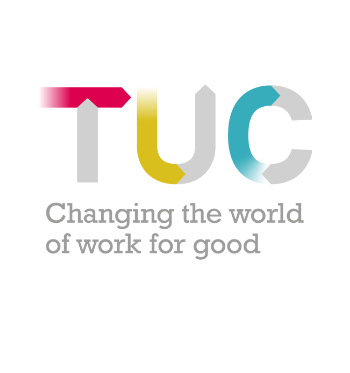
The decline of UK manufacturing is devastating - it’s time to change course
There is plenty of food for thought in an article, The decline of manufacturing, charted, that appears in today’s Financial Times. Based on an International Monetary Fund (IMF) report released last week, it looks at the historical trend of manufacturing employment and its links to productivity and inequality. The report questions some assumptions about what has happened to global manufacturing in the last half century, but leads me to three observations:
1. UK industrial decline is real
The article shows that, between 1960 and 2015, of all advanced economies, the UK saw a greater drop in manufacturing employment than any country apart from Switzerland. Manufacturing employment in the UK fell by more than 0.4 per cent per year over those 55 years, a rate twice as high as Italy and Spain, and higher than Germany, Norway, Sweden, France and the US, among others. This cannot be an accident. Instead, it was a matter of policy. A belief in the importance of services, especially financial services, convinced politicians that it was OK to allow manufacturing employment to decline. Coupled to this was the Thatcherite faith in free market economics, which led its practitioners to believe that new industries would emerge to fill the gaps. But in large swathes of our manufacturing heartlands, those new industries didn’t appear, leading to a dearth of quality jobs for working people. With those quality jobs went the dignity that meaningful work provides to the worker.
2. Too many new jobs are in low skill, low pay sectors
The IMF draws attention to the dominant role services now play in advanced economies, but says this shift from manufacturing to services is not responsible for widening inequality. Yet while the UK has undoubtedly developed strengths in high value services such as accountancy and law, our economy also produces too many low skilled jobs. Many of us may have discovered the joys of eating out, as the FT notes, but our hospitality and leisure industries, as well as the care sector, tend to be low skill, low value sectors.
3. Attacks on unions have left workers worse off
The FT rightly highlights the explosion of executive pay, which is reaching obscene levels, and its role in the growth of income inequality. The real ‘elephant in the room’, however, has been the decline of trade unions. Evidence shows that inequality within firms is lower in unionised companies than in their non-unionised counterparts. Some of the decline of trade unions is due to the changing nature of industry, with many more smaller companies, which are harder to organise. But let us not kid ourselves: the neo-liberal era also saw an all-out political assault on trade unions and our legitimacy as an economic actor.
So what is to be done?
For one thing, we need a relentless focus on good work. Having spent 30 years deindustrialising, the UK cannot reindustrialise quickly, but we must consider which new manufacturing sectors we can bring to the UK and how to ensure that those sectors deliver quality jobs. As the TUC report ‘Powering Ahead’ argued, Germany and Denmark targeted green technology and have built industries around it. The government has identified the future of mobility – driverless cars and electric vehicles – as a grand challenge within its industrial strategy. It would, indeed, be great to develop new technologies, but we cannot take the creation of high skill, high value jobs within those technologies for granted. That’s a mistake we made before. We cannot make it again.
The same is true for artificial intelligence. The TUC did not shy away from this technology in our report, ‘Shaping our Digital Future’. On the contrary, we called for the UK to become a top five digital economy by 2050. But there is no contradiction between investing in digital technology and developing good jobs. Again, Germany shows the way. Unions at Airbus Deutschland have given management full support in digitalising the company; in return, managers have promised that nobody will lose their job and nobody will suffer a pay cut as a result. The easy way out, to make hundreds of workers redundant and blame the technology, is not available.
And, of course, we need resurgent trade unions. That is the job of the trade union movement itself, and in our 150th year, the TUC has many initiatives to support this agenda. But it is harder to do this in a hostile atmosphere. If the IMF and the Financial Times believe in a fairer economic model, they should be trumpeting the value of unions as social partners. They could start by pressing the UK government to include trade union representatives on the new Industrial Strategy Council, to monitor the implementation of the government’s White Paper. They could insist on trade union places on sector deals, designed to raise productivity and competitiveness in different industries. They could join the Confederation of British Industry in calling for employee representatives on the Artificial Intelligence Council, given how this technology could transform the world of work. And they could push for trade union members on remuneration committees, to end unjustified levels of executive pay, which create the impression of an economic model that protects the rich and leaves the rest to fend for themselves.
A fair economy, with good jobs and less inequality. It’s there if we want it. The choice is ours.
Stay Updated
Want to hear about our latest news and blogs?
Sign up now to get it straight to your inbox

